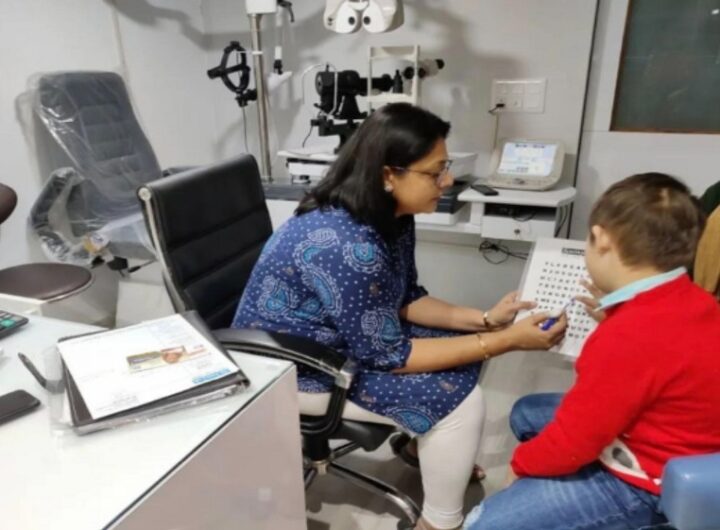
Imagine you’re quietly enjoying your favorite meal. Suddenly, you feel an unexpected, searing pain in your stomach. It’s not the first time. Keep reading, because we’re diving into the world of peptic ulcers – a condition I deal with every day as a gastroenterologist. We’ll also discuss an important procedure in our arsenal, the colonoscopy Austin specialists are known for, which plays a crucial role in managing this ailment.
What are Peptic Ulcers?
Peptic ulcers. They sound scary, don’t they? Those are the open sores that develop inside the lining of your stomach and the upper portion of your small intestine.
What Causes Peptic Ulcers?
There’s a common misconception that spicy foods or stress cause these ulcers. But they’re often the result of:
- A bacterium. H.pylori lives in the mucus layer that protects the tissues lining your stomach and small intestine. This bacterium is usually harmless. But sometimes it can cause inflammation and ulcers.
- Regular use of certain pain relievers. Overuse of over-the-counter pain relievers like aspirin, ibuprofen, and other NSAIDs can cause inflammation and peptic ulcers.
How Can a Colonoscopy Help?
Now, you’re probably wondering, “What’s a colonoscopy got to do with peptic ulcers?”. It’s a procedure that allows me to view the entire colon. With it, gastroenterologists can spot ulcers, inflammation, and other problems that might be causing your pain. Colonoscopy specialists perform one of the best ways to catch these issues early.
Treatment of Peptic Ulcers
Treatment usually includes medications to decrease stomach acid. If an H.pylori infection is at play, antibiotics can help. The good news is, that most peptic ulcers are treatable. But ignoring them can lead to serious complications. So if you’re experiencing persistent stomach pain, it’s time to see a specialist.
Final Words
Peptic ulcers might not be the glamorous topic you usually read about, but they’re a part of our human experience. Knowing about them, about their causes, symptoms, and treatments, empowers us. It changes the narrative from fear of the unknown to confidence in understanding. So next time that unexpected, searing pain hits, you’ll know it’s time to skip the spicy food blame game and call your local gastroenterologist.

 Tennessee Men’s Clinic Discusses the Correlation of Healthy Relationships to Men’s Health
Tennessee Men’s Clinic Discusses the Correlation of Healthy Relationships to Men’s Health  Frequently Asked Questions About Speech Therapy Answered
Frequently Asked Questions About Speech Therapy Answered  The importance of choosing a good gynaecologist doctor for your health
The importance of choosing a good gynaecologist doctor for your health  Ophthalmologists’ Strategies For Managing Chronic Eye Diseases
Ophthalmologists’ Strategies For Managing Chronic Eye Diseases  The Role Of Cardiologists In Managing Chronic Heart Failure
The Role Of Cardiologists In Managing Chronic Heart Failure  Breaking Down Barriers: An Infertility Specialist’s Approach To Inclusive Treatment
Breaking Down Barriers: An Infertility Specialist’s Approach To Inclusive Treatment  Complete Trekking Guide to Langtang and Annapurna
Complete Trekking Guide to Langtang and Annapurna  Trek Nepal’s Four Great Regions: Annapurna, Langtang, Manaslu, and Nar Phu:
Trek Nepal’s Four Great Regions: Annapurna, Langtang, Manaslu, and Nar Phu:  The Ecosystem of Ease: How Bill Payments Evolved into a Digital Habit
The Ecosystem of Ease: How Bill Payments Evolved into a Digital Habit  How Insurance Apps Are Embedding Themselves Into India’s Daily Payment Flows
How Insurance Apps Are Embedding Themselves Into India’s Daily Payment Flows